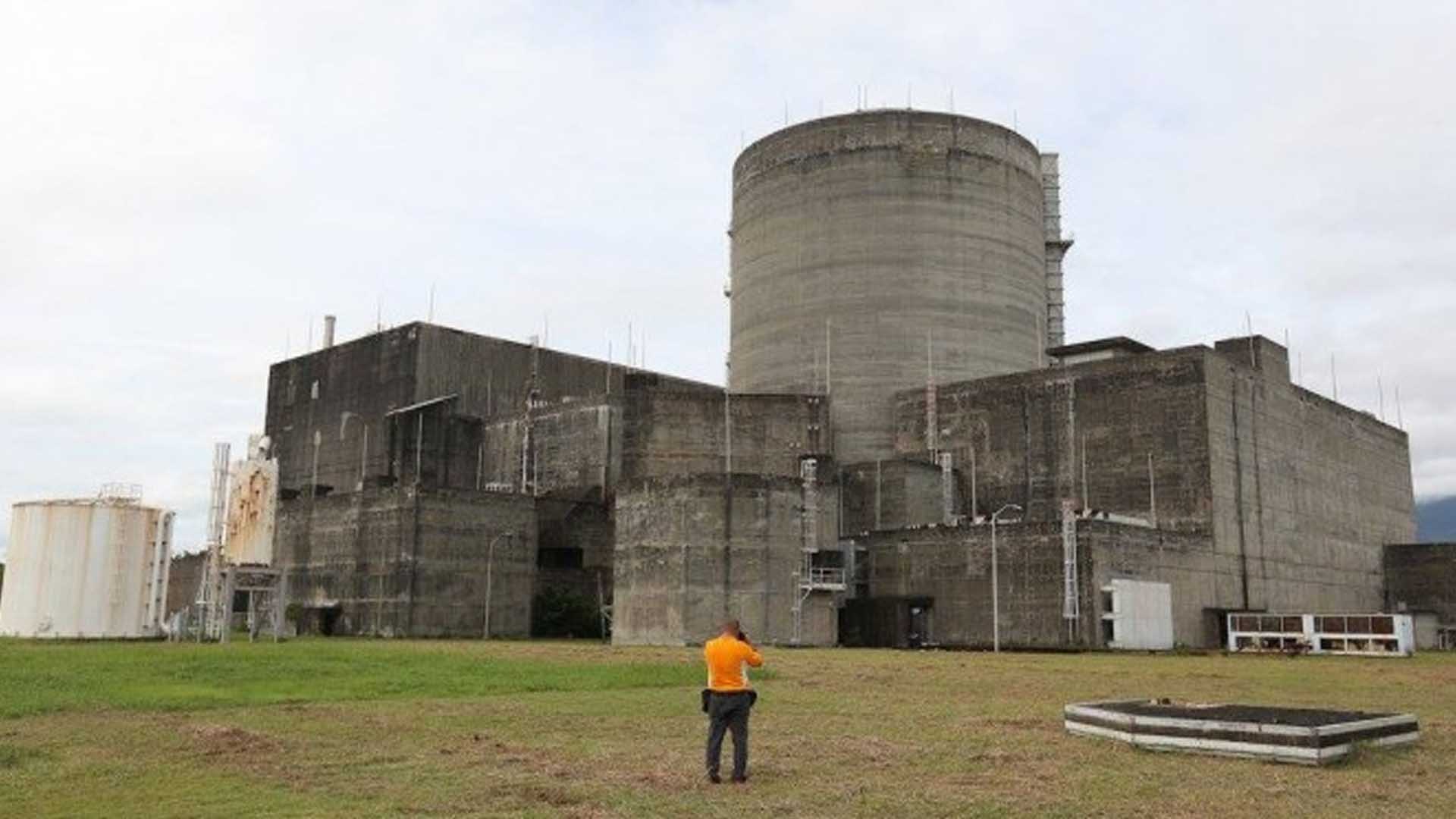The Philippines and South Korea will begin the feasibility study of the Bataan Nuclear Power Plant (BNPP) in January 2025, following the signing of a memorandum of understanding (MOU) between the two governments on Monday.
President Ferdinand R. Marcos Jr. and South Korean President Yoon Suk Yeol witnessed the MOU signing between the Department of Energy (DOE) and the Korea Hydro and Nuclear Power Co., Ltd. (KHNP) in Malacañan Palace.
“The signing of this MOU builds on the strong foundation of energy cooperation between the two countries. For the Philippines, it is a continuation of our efforts to enhance energy security, as outlined in the Philippine Energy Plan (PEP),” Energy Secretary Raphael Lotilla said in a statement.
Under the MOU, KHNP will shoulder the entire cost of conducting the technical and economic feasibility study for the BNPP.
The study aims to assess the viability, safety, and sustainability of various nuclear energy options, as well as help the Philippine government make well-informed decisions on pursuing nuclear energy to support the country’s long-term energy goals.
The DOE said the feasibility study would be done in two phases—first, assessing the current condition of BNPP, and second, evaluating if it is viable to revive the BNPP based on the data being gathered from the first phase of the study.
“Should the findings from the first phase determine that proceeding to the next phase is not advisable, KHNP may recommend alternative options, including the construction of a conventional plant or the development of a small modular reactor,” it added.
KHNP is the operator of the Kori Nuclear Power Site in Busan, which is an identical nuclear facility to the mothballed BNPP.
Under the PEP, the Philippines targets to have the first nuclear power plant in 2032 with a capacity of 1,200 megawatts, expanding to 2,400 MW by 2035 and reaching 4,800 MW by 2050. (PNA)









